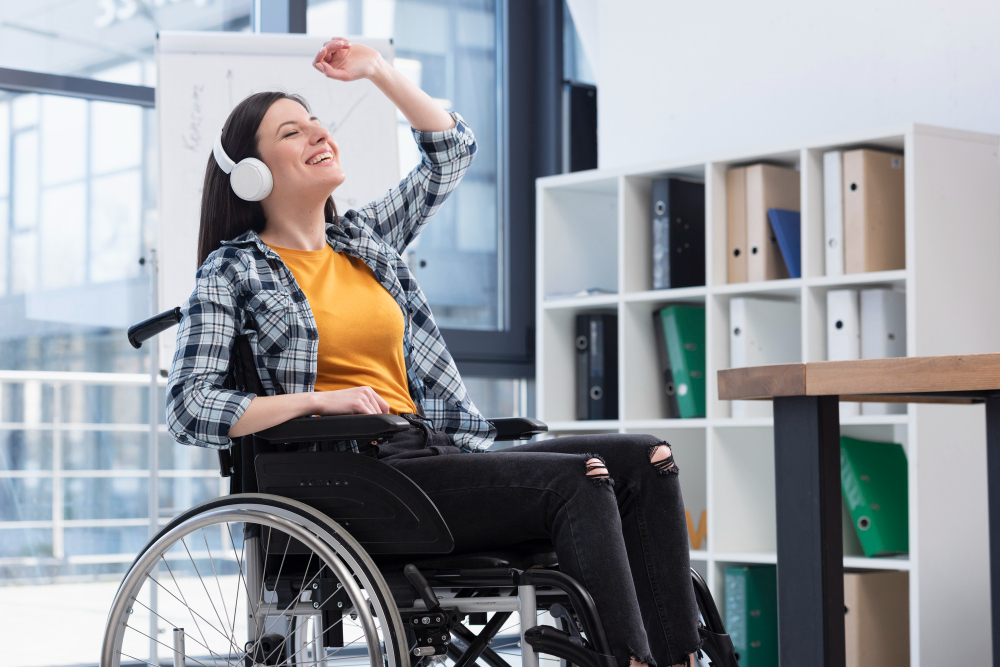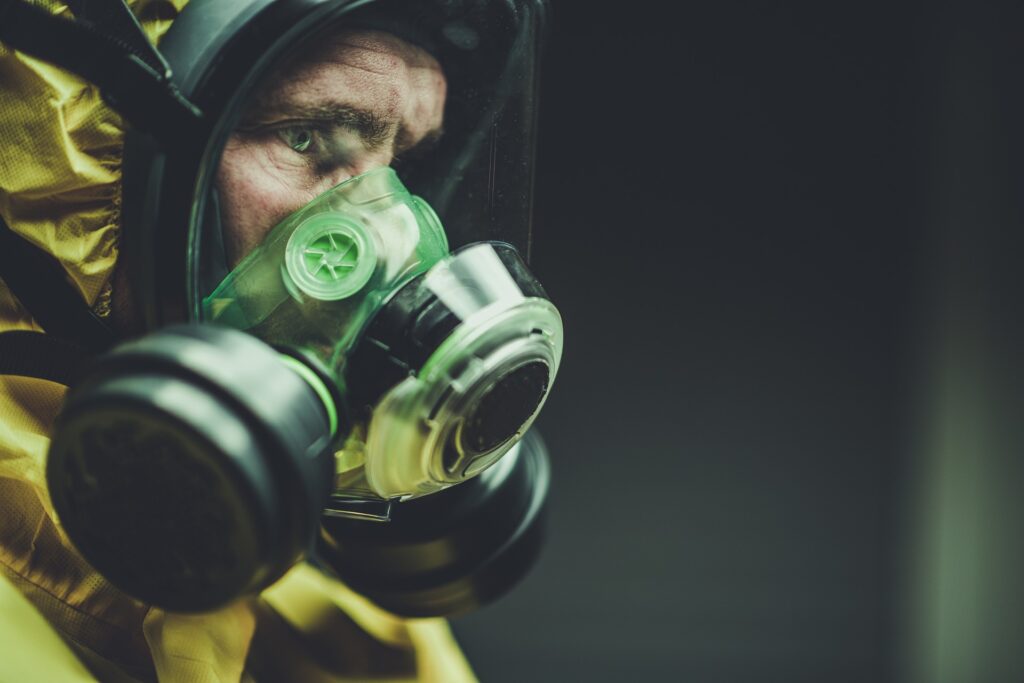Colonic diverticulosis
Overview:
Colonic diverticulosis is a common condition characterized by the presence of small pouches, called diverticula, in the colon wall. While often asymptomatic, diverticulosis can lead to complications such as diverticulitis if the pouches become inflamed or infected. Let’s delve deeper into this condition, exploring its causes, symptoms, treatment options, and potential complications.
Causes of Colonic Diverticulosis:
The exact cause of colonic diverticulosis is not fully understood, but several factors may contribute to its development:
- Low Dietary Fiber: A diet low in fiber can lead to increased colon pressure during bowel movements, potentially causing weak spots in the colon wall where diverticula can form.
- Aging: The risk of developing diverticulosis increases with age, likely due to age-related changes in the structure and function of the colon.
- Genetics: There may be a genetic predisposition to developing diverticulosis, with a family history of the condition increasing an individual’s risk.
- Lifestyle Factors: Certain lifestyle factors, such as obesity, smoking, and lack of physical activity, may also contribute to the development of diverticulosis.
Symptoms of Colonic Diverticulosis:
In many cases, colonic diverticulosis is asymptomatic and may only be discovered incidentally during diagnostic tests for other gastrointestinal conditions. However, some individuals may experience mild symptoms such as:
- Abdominal Discomfort: Many people with diverticulosis experience mild, intermittent abdominal discomfort, often located in the lower left side of the abdomen.
- Changes in Bowel Habits: Some individuals may notice changes in their bowel habits, including constipation or diarrhea, although these symptoms are not specific to diverticulosis.
- Bloating and Gas: Increased gas production and bloating may occur, particularly after meals or during periods of bowel irregularity.
Treatment :
Treatment for colonic diverticulosis focuses primarily on relieving symptoms and preventing complications. Depending on the severity of symptoms and individual risk factors, treatment options may include:
- High-Fiber Diet: Increasing dietary fiber intake can help soften stool and promote regular bowel movements, reducing the risk of diverticula formation and progression.
- Fiber Supplements: In some cases, fiber supplements such as psyllium husk or methylcellulose may be recommended to supplement dietary fiber intake.
- Hydration: Adequate hydration is essential for maintaining bowel regularity and preventing constipation, which can exacerbate diverticulosis symptoms.
- Symptom Management: Over-the-counter medications such as mild pain relievers or antispasmodics may be prescribed to alleviate abdominal discomfort and bloating.
Complications :
While most cases of diverticulosis remain asymptomatic, complications can occur, particularly if the diverticula become inflamed or infected. Common complications include:
- Diverticulitis: Inflammation or infection of the diverticula can lead to diverticulitis, characterized by symptoms such as severe abdominal pain, fever, and changes in bowel habits. Complications of diverticulitis may include abscess formation, perforation of the colon, or fistula formation.
- Bleeding: Occasionally, diverticula may bleed, leading to rectal bleeding or blood in the stool. While most cases of diverticular bleeding resolve spontaneously, severe bleeding may require hospitalization and medical intervention.
- Stricture Formation: In rare cases, chronic inflammation of the diverticula may lead to the formation of strictures or narrowing of the colon, resulting in bowel obstruction and abdominal pain.
In summary, colonic diverticulosis is a common gastrointestinal condition characterized by the presence of diverticula in the colon wall. While often asymptomatic, it is essential to manage symptoms and prevent complications through dietary modifications, lifestyle changes, and, in some cases, medical intervention. Regular monitoring and consultation with a healthcare provider are crucial for individuals with colonic diverticulosis to ensure optimal management and prevent complications.

